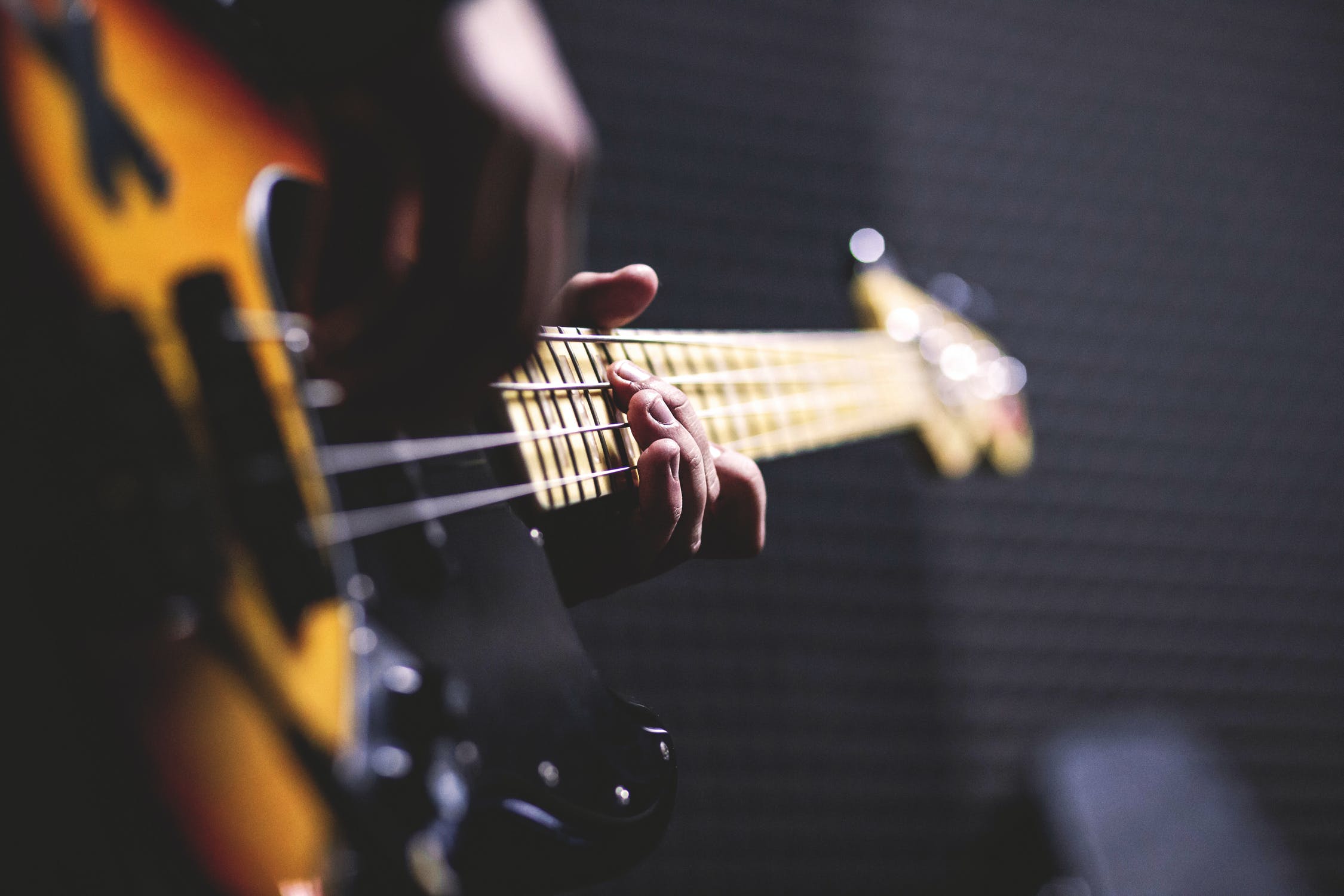Smells like a commercial possibility

It was fitting that on a weekend that sees the Christian world celebrate a reincarnation that a dead man would release a new song.
Well, sort of, anyway.
Using Google’s Magenta AI technology a mental health advocacy group named Lost Tapes of the 27 Club created a “new’ Nirvana song, as performed by Kurt Cobain.
It wasn’t half bad. Most importantly/eerily it absolutely sounded the part. If you placed the song in the middle of In Utero you wouldn’t blink an eye. This song sounds like it was written and performed by a man who killed himself 27 years ago.
The technology behind this is kind of cool. By looking at about 30 Nirvana songs, the AI converted Cobain’s pitch and rhythm into a digital code that was then put through a synthesizer. The AI analysed Cobain’s typical lyrical choices, performance idiosyncrasies, and harmony preferences to then spit out the new song.
The computer created the majority of the sound, but they still needed to bring in a human singer to perform. There have been attempts to deepfake singing performances, but they’ve been a little uneven. The voice sounds right, but the inflection is missing. So, the AI isn’t all they way there yet, but It’s likely only a matter of time.
The reaction to the Lost Tapes of the 27 Club song has also been mixed. Although most people agree that the technology is impressive and the message (suicide and addiction awareness) they are trying to promote worthwhile, fans of Cobain and Nirvana are less enthusiastic.
“How dare you pretend to be him,” is essentially the position of many.
They’re missing the point. Actually, they are missing several points.
Anyone who thinks that there isn’t tremendous commercial possibility to Magenta isn’t really thinking it through. They also probably have never been to a concert tour of aging musicians at their local casino before. There is a tremendous market for classic music that is primarily driven by nostalgia.
These AI songs would likely never replace the old standbys in the hearts of their fans, but would those fans spend a little bit of money to buy a new album made up of them?
Yes, they would. Especially if there was an element of scarcity involved – for example 50,000 vinyl pressings for a band’s 50th anniversary.
Eventually, these AI songs could become an accepted part of any band’s career. In fact, I’d suggest it’s likely. Think about the evolution of music over the last 30-years or so. Sampling used to be considered a faux pas. Now, it’s accepted as an artform.
When a band member dies, retires or otherwise removes themselves from the situation the rest of the band can carry on creating without losing their original sound. Even the effects of aging can be alleviated with this tech. Voices change and skills diminish with time – the AI can take them back to the heights of their 20-something best.
To that end, 70s disco favourites ABBA were planning on using AI to tour, prior to the pandemic. But, rather than appearing as 70-year-olds trying to recapture their youth on stage, the band was instead going to use holograms to actually be young again – at least virtually.
I guarantee you that tour would have sold out in seconds.
Music has always been driven by technology – from the electric guitar to sampling to computers creating EDM sounds. AI is just the latest evolution and it is highly unlikely to go away.
